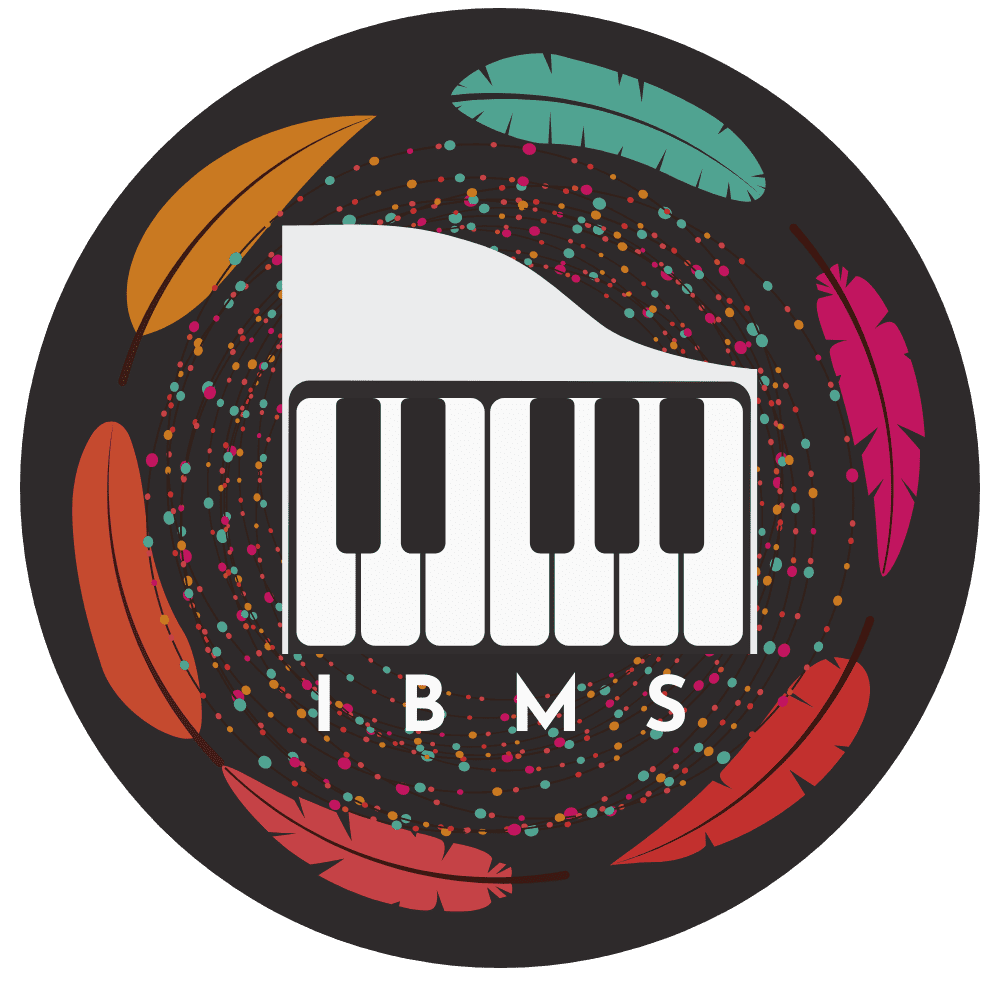If love is deep, much can be accomplished.” These words from Shinichi Suzuki, founder of the Suzuki method, provided powerful insight to man, the philosophy, and the method.
The Suzuki method began with Dr. Suzuki’s realization that a child displays phenomenal activities when he learns to speak his native language (mother tongue) during his early years of life. Learning to speak a new language is difficult for an older student to accomplish, but every young child does this — and long before he learns to read.
Suzuki felt that we must learn how to develop the amazing potential that every child possesses; furthermore, we must acknowledge the fact that ability, not only in music but in other fields as well is not inherited. Man is born without talent and his environment controls what he becomes. Others had realized this before. Suzuki’s genius lay in his ability to develop an educational method which grows logically from its underlying philosophy.
A Summary of Suzuki’s Philosophy
The Suzuki philosophy embraces the belief that all children have great potential and that their abilities can be developed best by making use of that learning process which is universally most natural to all children — the Mother Tongue approach. Therefore, the Suzuki method of musical instruction parallels virtually without modification the same course that the child experiences from infancy in the learning of his language skills.
Since Dr. Suzuki is a violinist, he applied the method forst to the violin. We who teach Suzuki piano are grateful for the outstanding contributions of Mrs. Haruko Kataoka and Mrs. Shizuko Suzuki who worked with Dr. Suzuki in order to adapt the method to the study of the piano.
The Suzuki method, also called Talent Education, is based upon certain fundamental ideas that must be mentioned in order to gain a comprehensive picture of it. They are as follows:
Early Beginning
The ability of a child to learn by aural means is strongest from birth to age seven. Thus, a method which relies heavily on aural capability is best begun early in order to use it to its greatest advantage. However, numerous children over seven have begun and successfully enjoyed the method also.
EMPHASIS ON Listening
Listening is considered the most important part of the Suzuki method. Recordings of the literature the Suzuki students are to learn are played repeatedly in their homes. Through listening, the children absorb unconsciously the language of music just as they absorb the sounds of their mother tongue.
Additionally, keyboard instruction through a listening approach is stressed. Emphasis is placed upon teaching by demonstration; the child imitates what he hears and sees.
READING
Good Suzuki teachers value the skill of reading music as much as traditional teachers. The difference is that reading music is not taught first in the Suzuki method, but delayed until the child’s aural and basik keyboard skills are established. Just as the child enters first grade in school with a large vocabulary or speech but minimal reading skills, the Suzuki student’s musical capabilities have developed in the same way. It is expected that the child’s reading skills will catch up to his vocabulary in 5-10 years. The Suzuki child’s ability to read music will progress in a similar fashion.
psychology
A non-judgmental psychology with great emphasis on positive reinforcement is stressed in the Suzuki method. Dr. Suzuki developed his method as a result of his love for children and a desire to create a more beautiful world for them. A method based on love and concern for the child must embody such a psychology.
One Step At a Time
Mastery is accomplished by a one-step-at-a-time approach. Each step, no matter how small, is to be mastered before continuing to the next step.
Repertoire
Repertoire learned by the Suzuki student is continually maintained. Through repetition of pieces, old skills can be strengthened, new skills can be gained, and fluidity can be given to the playing.
PArental Involvement
Suzuki parents are an integral part of a Suzuki program. Their role is two-fold: to attend lessons in order to learn and model from their teacher and to provide the proper home environment. This includes supervising and seeing that the listening is done.
Group Involvement
Although Suzuki students usually take private lessons, many Suzuki piano teachers encourage group involvement as well. These groups, which may meet once a week, or perhaps less frequently, especially help to provide motivation for the students.
-Excerpt from ‘FOCUS ON SUZUKI PIANO: CREATIVE AND EFFECTIVE IDEAS FOR TEACHERS AND PARENTS’ by Mary Craig Powell

